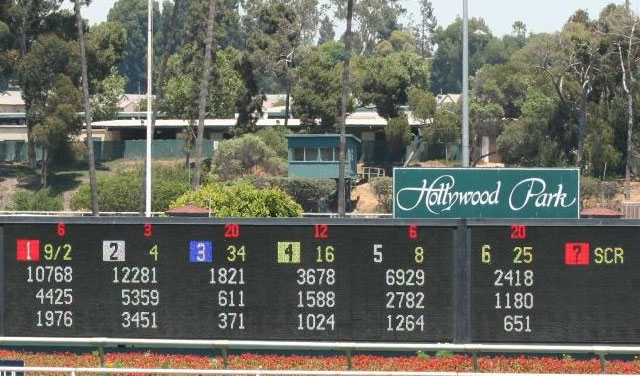
In the Oracle v. Google lawsuit, Judge William Alsup has been making it clear that Oracle is unlikely to get much money out of its copyright win, since the jury is split over the issue of fair use. Nevertheless, today Oracle's legal team pushed forward with a demand for damages based on the one clear win it had—the jury's verdict on a smaller question, finding that Google infringed copyright in a nine-line function called rangeCheck().
Oracle lawyer David Boies made it clear in court today that his client wants to pursue a claim for "infringer's profits" over rangeCheck(). He persisted despite the fact that Alsup had earlier shut down the idea of pursuing anything more than statutory damages, which would be capped at $150,000. "We think under the law we have a claim for infringer's profits," said Boies. "We're not asking for all their profits, we're not asking for most of their profits. We may not even be asking for much of their profits." Still, Boies argued that under the law, the burden of proof was on Google to show that it should not have to pay a portion of its profits to Oracle.
Alsup's reaction was skeptical but he promised Boies he'd get to take his shot.
"You can make a pitch to the jury," said Alsup. "Say you want hundreds of millions [of dollars] for nine lines of code. I don't think that will help your case, but you're a great lawyer, you can do that. I've told you generally how I feel, but I'm not saying you cannot try.
"If you want to try to make out a case for infringer's profits, based on nine lines of code... well that's a weak proposition," Alsup continued. "But I cannot tell you it's illegal, as a matter of law."
Google has admitted rangeCheck() was copied, and it isn't included in any current versions of Android. The engineer who wrote the function testified a few weeks ago and described the copied code as a mistake. Oracle lawyers found the nine lines of copied code by scanning the more than 15 million lines of Android code.
Both sides are still awaiting a ruling from Alsup about whether APIs can be copyrighted at all, which at this point is probably the most important ruling of the case.
While Oracle's chance to win copyright damages in this case isn't looking great, that's only part of its case. If Oracle wins the patent phase of the case, now underway, it could ask for patent damages as well, or an injunction that would force Google to redesign Android.
Sun licensing officer on negotiations: "we had come to a stalemate" with Google
Google continued its patent defense case today, playing videotaped testimony of Vineet Gupta, who worked in Java licensing at Sun for more than a decade. Gupta talked about his former employer's negotiations with Google about licensing Java, and said patents never specifically came up.
"I think we were always talking about a partnership that encompassed all of it," he said. "It was not an adversarial situation."
However, negotiations were ultimately shut down over patent issues—just not ones related to Java or Android. "From what I heard from Google, there were some patent attorneys at Sun who approached Google on patents that had nothing to do with Java or StarOffice," said Gupta. "They were other patents."
Regardless, that unrelated patent dispute did lead Google to shut down negotiations with Sun, Gupta testified: "We had come to a stalemate."
Gupta's testimony was likely meant to counter Oracle's allegations that Google should have known about or investigated Sun's patent portfolio before launching Android.
Google experts on the stand
Next, Google called its two expert witnesses today, each of which testified about one of the two Oracle patents in the case. First up was Terrence Parr, a computer science professor at the University of San Francisco who is an expert in the "virtual machines" that are the heart of Oracle's patent case.
Parr, a polished witness, seemed fresh and tireless on the stand. He testified that the functions described in one of the Oracle patents, 6,061,520, isn't particularly important to Android.
"I'm saying [the function's] overall value, on real-world applications, is insignificant," said Parr in response to a question from Oracle's lawyer, Michael Jacobs. "Not zero, but insignificant."
Next came David August, who teaches computer science at Princeton; he discussed the other Oracle patent in the case, RE38,104. August testified that Android doesn't use "symbolic references" in the way the Oracle patent describes, and therefore doesn't infringe it.
The two witnesses' testimony and cross-examinations were over within a few hours. The patent phase is nearly wrapped up, with closing arguments likely to come Monday.
reader comments
102